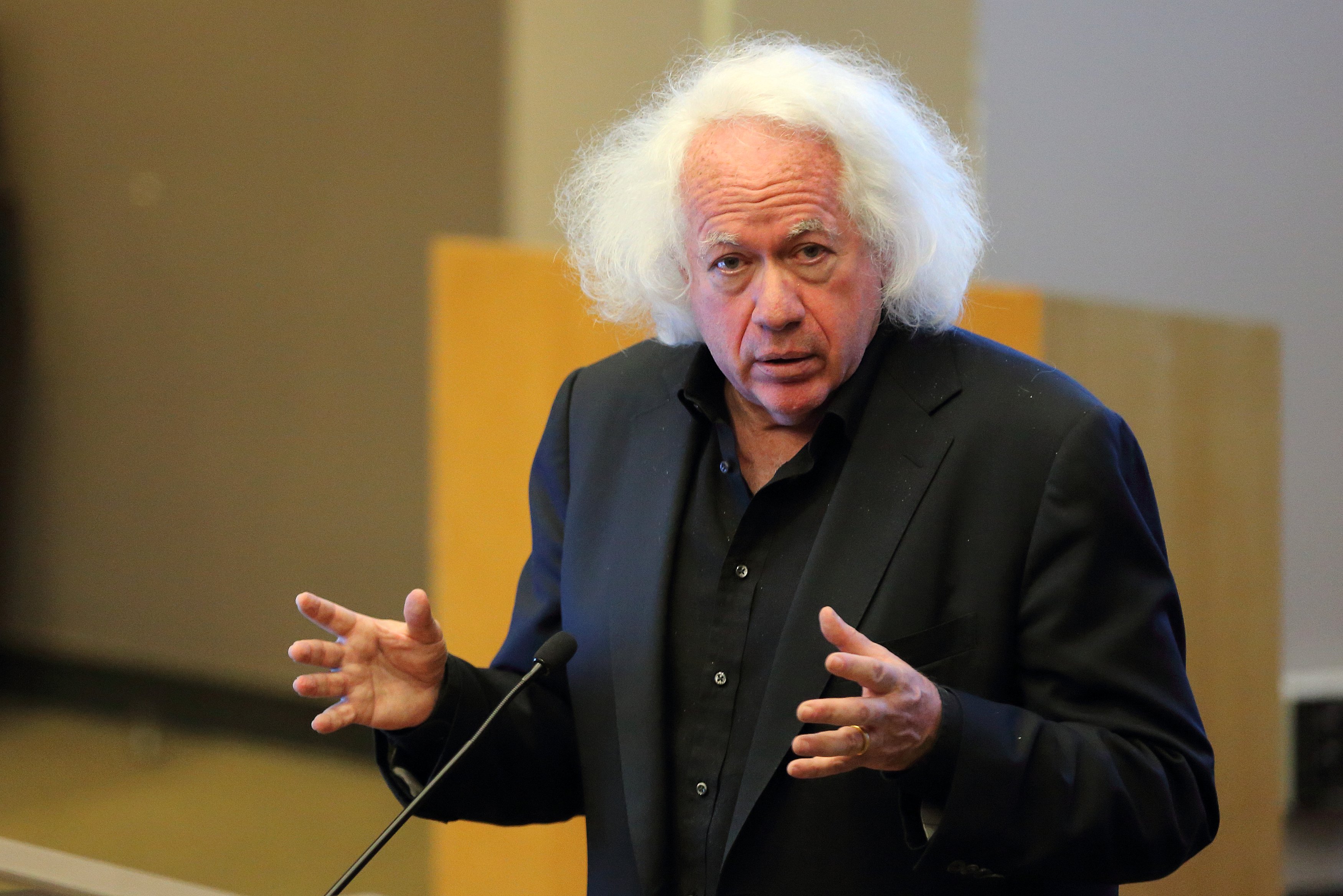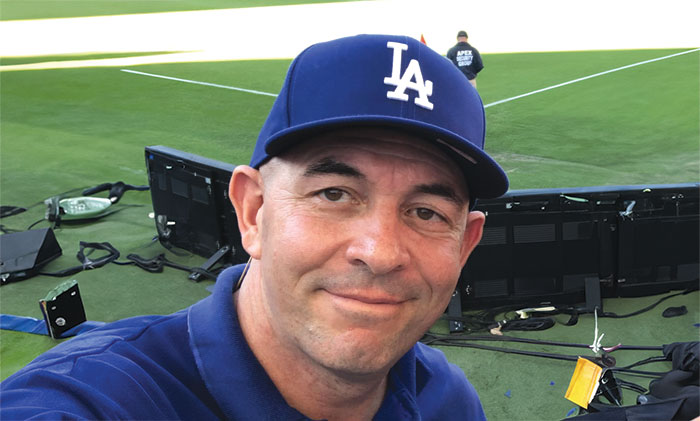 Leon Wieseltier
Leon Wieseltier Leon Wieseltier is one of America’s best-known public intellectuals and has spent the better part of his career critiquing the values that underlie American culture and politics. For three decades, he served as literary editor for The New Republic, where it was common for Wieseltier to bring his Jewish background and education to bear upon the pressing issues of the day.
Educated at Yeshiva of Flatbush in New York City, Wieseltier is firmly rooted in Jewish study, even though he broadened himself in other subjects at Columbia, Oxford and Harvard. Author of the 1998 book “Kaddish,” Wieseltier has demonstrated throughout his career how a grounding in Jewish particularism is a useful lens through which to view the world, both because it encapsulates the wisdom of a long-enduring people and because Jewish values are the progenitors of universal humanism.
On the occasion of the Journal’s 30th anniversary, we caught up with Wieseltier to talk about why, in an increasingly global world, Jewish journalism still matters.
Danielle Berrin: You’ve said that Jewish journalism is essential because it gives the Jewish community a sense of itself and captures the lived experience of the Jewish people. Why does it matter to American democracy?
Leon Wieseltier: In an open society, the reporting of unpleasant truths and the criticism of leaders is an essential feature of [democracy]. It’d be impossible to imagine democratic life without journalism, and since Jews in the United States have been among the groups that have kindled most ferociously to democratic habits and practices, Jewish journalism is our community’s way of affirming its belief in democracy and in an open society.
“In an open society, the reporting of unpleasant truths and the criticism of leaders is an
essential feature of [democracy].” — Leon Wieseltier
DB: What do you make of the argument that critical Jewish journalism makes Jews look bad?
LW: For a variety of reasons, [Jews] have had mixed feelings about airing truths about their communal realities. For a long time. they worried that the goyim would overhear and it would somehow weaken the position of the Jews in the host culture of wherever they were living. There is something about the ethic of journalism that defies certain traditional Jewish ethics — I sometimes think of Jewish journalism as the professionalization of lashon harah [gossip]. We are taught not to say bad things about people, not to circulate the bad things that we know about people even if they’re true. And then along comes this profession that basically consists of that; that has to have a critical and skeptical attitude if it is to meet its own standards. It would be a travesty if Jewish journalism consisted merely of the praise of important Jewish figures and institutions, because it would violate the principles of journalism and it would deprive members of respective communities of information that they need. People used to complain in the old days that Jews suffer from self-hatred; the problem now is that they suffer from self-love.
DB: You’ve said, “Self-criticism is the hallmark of a mature community.” But how do you encourage self-criticism when the Jewish self-understanding has been shaped, in part, by an excess of outside criticism?
LW: There’s a sentence in Maimonides that is fundamental in many contexts, including this one: Qabel et haemet mimi sh’amra — “Accept the truth from whoever utters it.” The first question is: “What is true?” Not: “Who is saying it?” It may be that this truth is being directed at us by enemies, but we cannot use the motives of certain critics to discredit what they say. If it’s true, it’s true. The American Jewish position is the strongest it has been in any Diaspora community in Jewish history — the eruption of the anti-Semitic sewer in the Trump campaign notwithstanding. If Merrick Garland had been confirmed to the [Supreme Court] as he should have been, there would have been four Jewish justices on the Supreme Court [and] pretty soon we would have had to worry about establishing a goyish seat! Given our security here, I’m not especially worried about external criticism.
DB: Since the Jewish community as a whole is more powerful than at any other time in Jewish history, should our standards for self-examination change?
LW: Insofar as we have become more powerful, we can expect more interrogation and more hostility. [But] our security and our strength in this country doesn’t absolve us of our ancient Jewish obligation of self-reckoning. That obligation applies to the strong as well as to the weak — none of us are exempt from it, individually or communally. The Jews in the exile never used the fact that they were surrounded by hostility as an excuse to lower their standards for themselves. In the Torah, [it says] “Hoche’ah tochi’ah et amitecha — You must rebuke your fellow” — Leviticus 19:17. If anyone wondered about the ultimate license in Judaism for critical journalism, it’s in that verse.
DB: How would you characterize the landscape of American Jewish journalism today? What are we getting right and what can we do better?
LW: Oh, I think American Jewish journalism is never as good as it should be. I think there are a few islands of excellence and it’s better than it was 30 years ago. Sometimes I think there’s too much noise and not enough sharpness. And every evidence of Jewishness has suddenly become charming and fascinating. I probably wish there was less, but better.
DB: If you were running a Jewish newspaper right now, what issues would you cover?
LW: The most important subject facing the American Jewish community is the new financial and power structure of the community. The Jewish community and its institutions have never been more dependent than they are now upon the largesse of spectacularly wealthy people — families and foundations — and I think that the prestige of wealth has never been greater. So one of the things Jewish journalism should cover in a very, very strict way are the foundations [and] the benefactors. It should also make an extended effort to cover the nature of Jewishness of American millennial Jews, because they are the successor generation; it needs to cover the impact of the internet on Jewish life and identity; the condition of the various rabbinates in the various denominations; and the holy grail would be the kosher meat industry. I don’t want to read about Jewish celebrities. I don’t want to hear that some Jewish movie star or non-Jewish movie star was seen eating kreplach. I’m tired of the reduction of Jewish journalism to a celebration of ethnic tics. Enough Seinfeld. Enough Larry David. Enough Barbra Streisand.
DB: You’ve said that the people who own and operate media companies have a responsibility to publish articles with which they do not agree. But in our online age, the public finds itself in so-called “echo chambers” where we can consume journalism that confirms what we already believe and rarely do we have to confront other perspectives. How can Jewish journalism bypass this?
LW: Too many people think that the purpose of Jewish journalism is to strengthen Jewish identity. I think the purpose of Jewish journalism is to probe and investigate and analyze Jewish identity. All Jewish life cannot be an experience of affirmation.
DB: Does journalism need to reassess itself in the age of Trump?
LW: Relations between the president and the media are going to be bad. The role of the press in covering power is adversarial, and it should be adversarial. My working rule is: The more power, the less pity. I think the media has some self-reckoning to do about the astonishing gift of free media to Donald Trump during the campaign. And the other thing they have to think about is the religion of data, and the reverence for numbers and polls. Because something went badly wrong. So they have a cheshbon [accounting] to do.
But they also have a job to do, which is to cover the new president as obnoxiously and relentlessly as they can, which, by the way, was their job in covering Obama. The obligation remains the same. The media has to be pitiless about every powerful individual in our society, because power has to be held accountable. And one of the main instruments of our accountability is public opinion, and public opinion will only be as good as its sources of information. Journalism plays a central role in that. And so, in order for Americans to have a shot at correct, knowledgeable and factual options, they need the institutions and the people that govern them to be covered ruthlessly.























 More news and opinions than at a Shabbat dinner, right in your inbox.
More news and opinions than at a Shabbat dinner, right in your inbox.